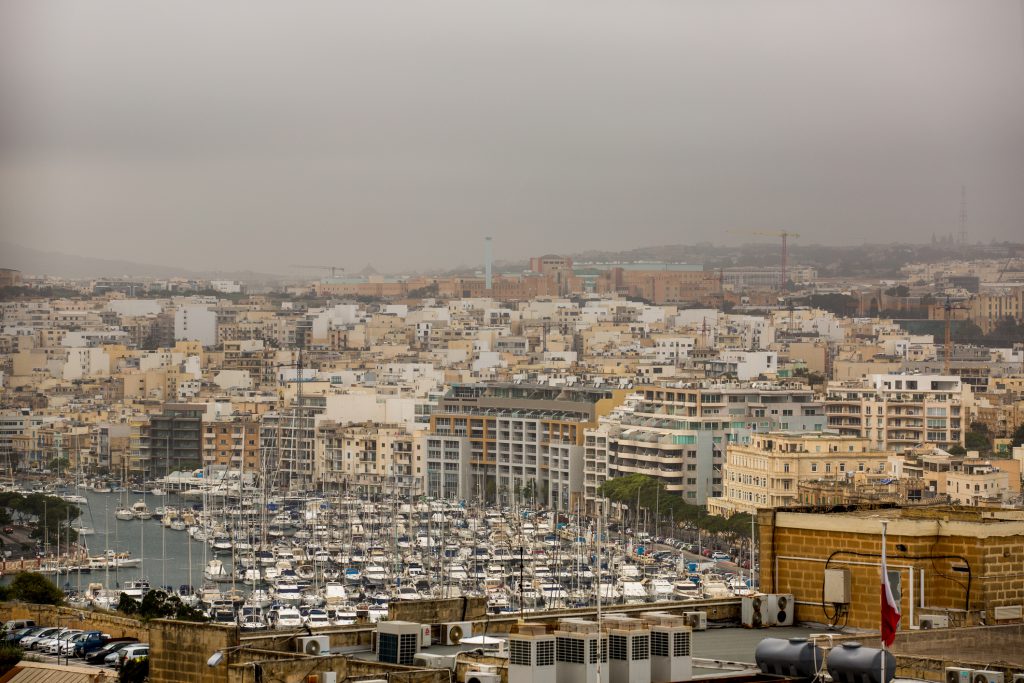What future for local councils?

In six months’ time Malta will go to the polls not only to elect its six representatives in the European Parliament but also to choose its local councillors. Our local government system has been established for 30 years, during which it has undergone various stages of development. It started off as an experiment in power devolution, following long years of centralised administration whereby politicians wielded all the power with very little say to the people.
Despite the scepticism of the early days which was fomented by those who believed this was just a political stunt for a country the size of Malta – there is an element of truth in this in virtue of the fact there are 68 councils – this experiment was a positive step. Bit by bit, councils were given more powers and started to make a difference at the micro political level be it through the road resurfacing works, embellishment, support to the local NGOs and the provision of a wide variety of community services. At one point, we even went a step further – maybe too far – with the creation of administrative committees which as a level below the councils to cater for hamlets. However, while some of these committees never functioned properly due to a lack of interest, there were some which were a success.
A few years down the line, it seems that councils are going through a rough patch. While administrative committees were disbanded a decade ago – even those which were flourishing – councils have been stripped of some of their powers with the result that they have much less weight than before. Some might argue it is no surprise, that interest in local councils has dwindled, amid complaints that they are continuously being ignored or overruled by the central government. This has been happening repeatedly on issues like public cleansing, roadworks and development applications.
In the run up to the next round of elections, there are worrying signs on various fronts. Turnout for these elections has been in decline for some years, while political parties are struggling to find candidates. At the same time a significant number of incumbents, have already announced their intention to call it a day. The writing seems to be on the wall. The 2024 local council elections could be the lowest point of Malta’s local government system. At this rate, there is a potential risk that the system will no longer be functional, or that the limited pool of candidates available might increase the risk of having shady characters at the helm.
The situation calls for a deep analysis and not for some kind of knee-jerk reaction or quick fix. Gender mechanisms, or having 16-year-old mayors smack of the latter. Maybe this quandary is self-inflicted. It is worth asking if this is the result of years of eroding trust in the country’s institutions by opting for yes-men rather than honest citizens who have no qualms to stand up to be counted. After all, like Thomas Jefferson once said people “the government you elect, is the government you deserve”.
